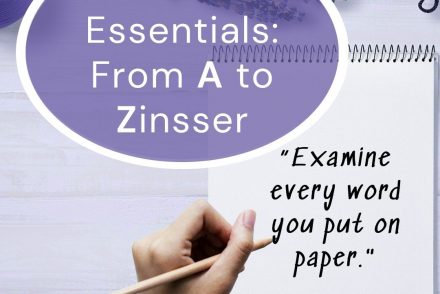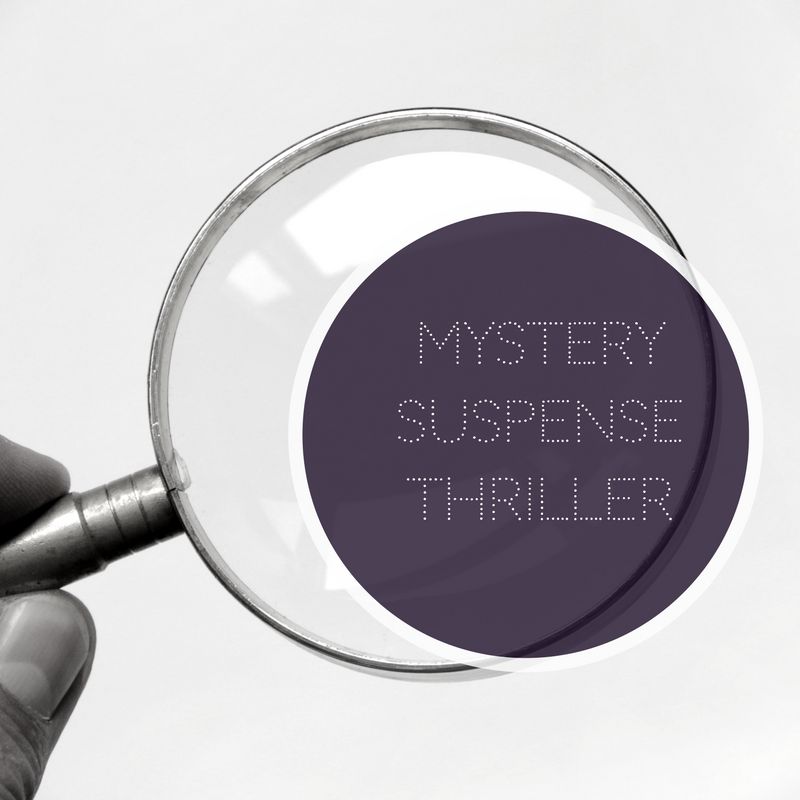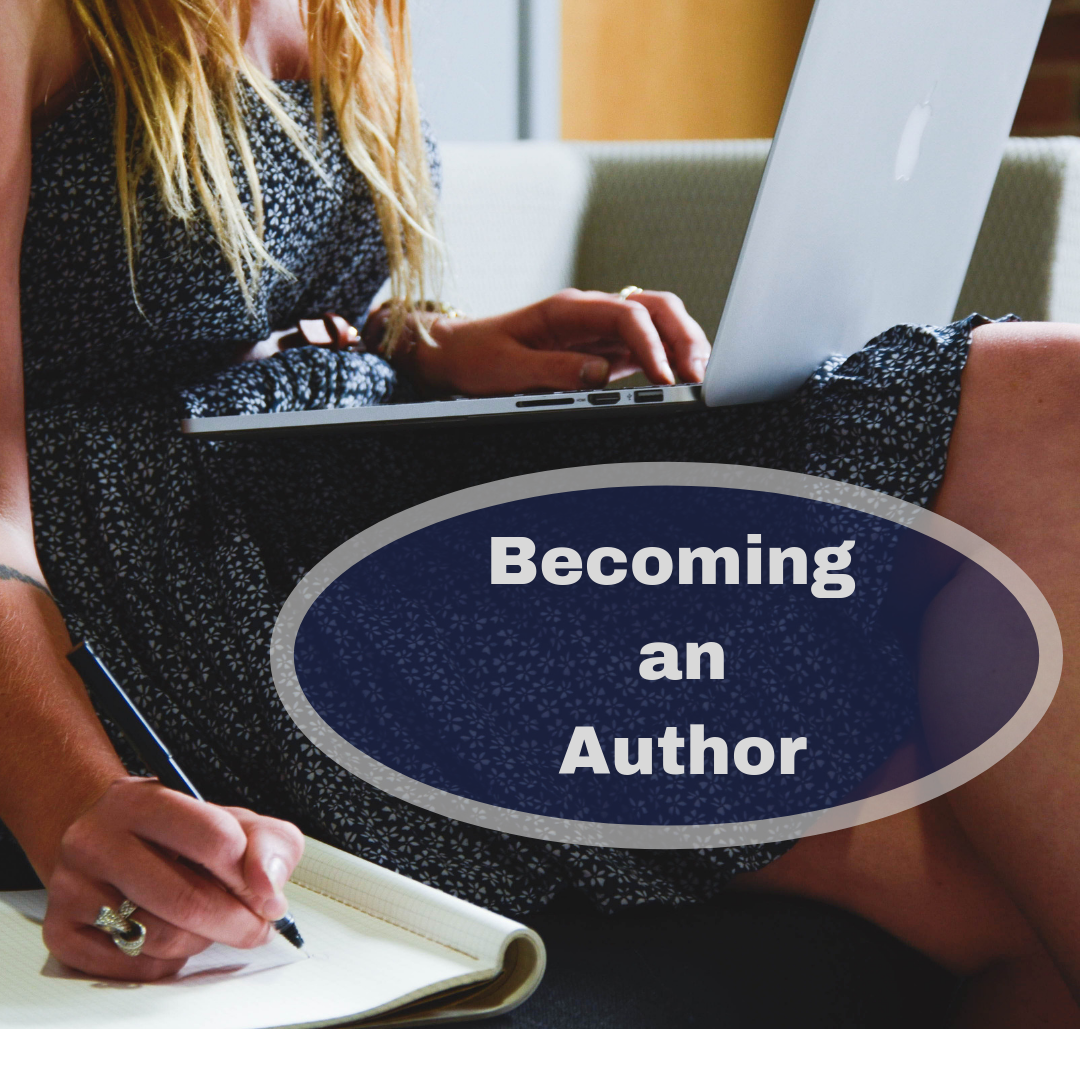
Are You Intentional About Growing Your Writing Craft?
Writers of all levels know the importance of continuing to learn new skills, refine writing skills, and challenge themselves.…
July 24, 2022
Writers of all levels know the importance of continuing to learn new skills, refine writing skills, and challenge themselves.…
July 24, 2022
“You can solve most of your writing problems if you stop after every sentence and ask: what does the…
October 21, 2021
“The writer, his eye on the finish line, never gave enough thought to how to run the race.” William…
September 21, 2021
“The only way to learn to write is to force yourself to produce a certain number of words on…
August 21, 2021
“Don’t say you were a bit confused and sort of tired and a little depressed and somewhat annoyed. Be…
July 21, 2021
What’s the secret of using others’ stories to beef up our own without plagiarizing? I’m always looking to craft…
July 17, 2021
If you are a writer who is serious about pursuing publication, perhaps you have a couple of writing craft…
April 9, 2021
Writing your book should be something that the author finds interesting. However, in the long run, you aren’t writing the…
November 21, 2020
I cannot remember the books I’ve read any more than the meals I have eaten; even so, they have…
September 27, 2020
I love having family and friends who teach at elementary schools for lots of reasons, but especially because of…
July 16, 2020
Over the past four months, we’ve had to follow a set of guidelines set by medical experts and our…
June 29, 2020
I once did a brief stint as a nanny. I absolutely loved the baby I took care of, but…
February 5, 2020
Does the word critique fill you with dread? It shouldn’t. I have learned most of what I know about…
January 8, 2020
When I was a teen, I loved to read. I loved to write. And I loved to read about…
August 9, 2019
I was in third grade when I first fell in love with the craft of writing. Notice that I…
May 9, 2019